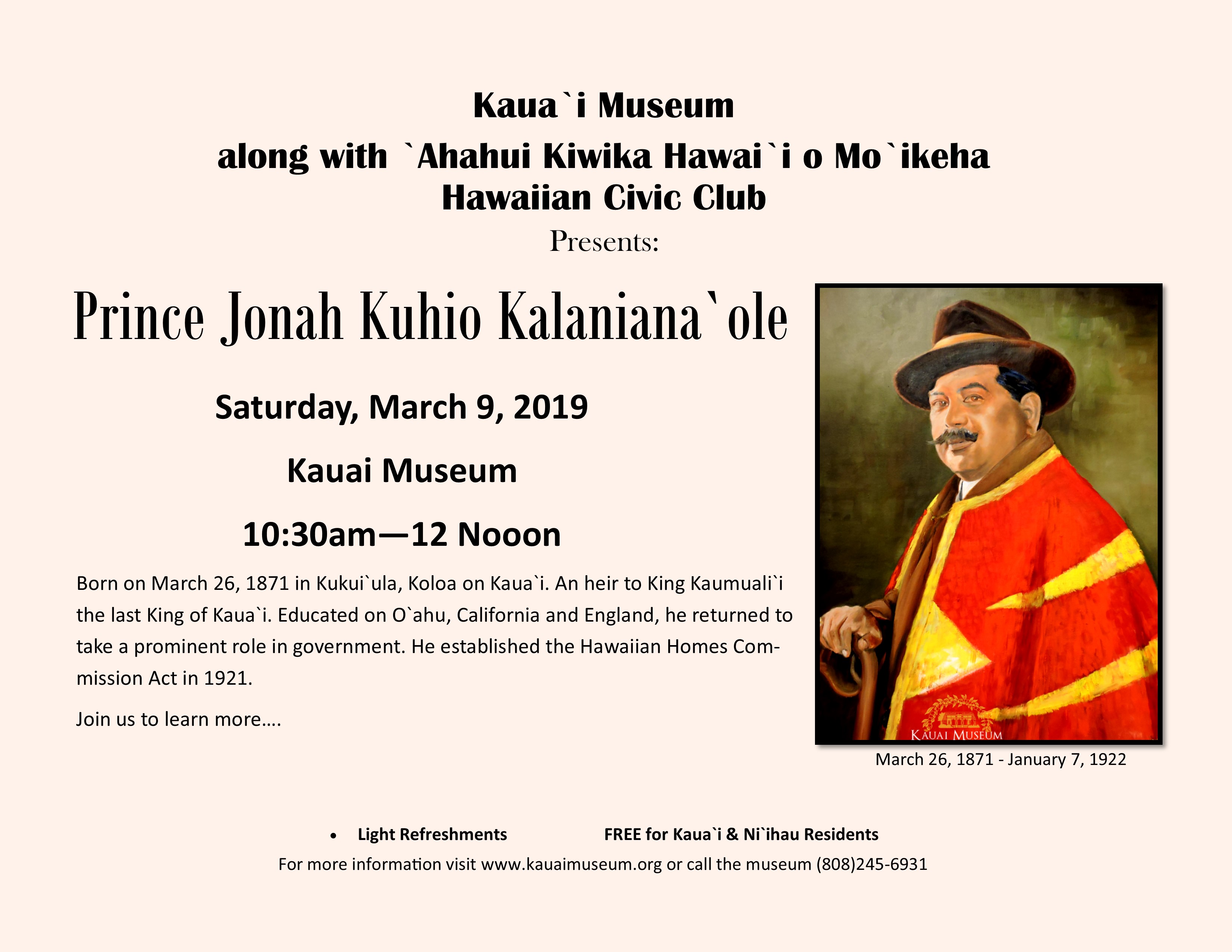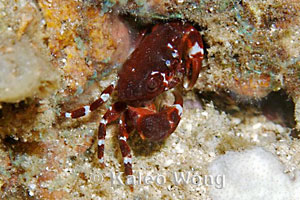At the beginning of the week, Sandra noted that bright and early on Thursday morning, I was to appear at Kaiser Permanente for my biannual dermatology appointment. Biannual, as in this is happening twice a year, so we now what to expect. With a high degree of certainty, Dr. Dangerfield is going to play whack a mole on my defenseless corpus with a variety of sharp and fiery instruments,
 |
| When my Dr. Dangerfield finds that mole, he's a goner. |
rendering me a non-
swimmer for just under two weeks. To put a silver lining on the
situation, Sandra suggested that we take a special snorkeling outing on
Tuesday.
And so we decided to head up to Mahukona.
Naturally I thought of my friend Peter, who had introduced us to
Mahukona, and I sent hm a text asking if he and his lovely wife would
care to join us. He responded that unfortunately he had to travel on
Tuesday to Kaiser in Honolulu for some un-named medical situation. Are
you noticing a pattern here?
And so yesterday morning we headed north. As we approached the
clubhouse turn at Kawaihae, we were surprised to see a landing craft, a
fairly large ship actually, docked in Kawaihae harbor right where we
have taken our swim. This shouldn't have been a surprise. It is well
known that the army is conducting exercises at the Pohakuloa Training
Area up on the Saddle Road; drivers heading for Waimea have been advised
to expect delays associated with army convoys. As my father served in
WWII on a similar ship, we decided to stop on the way back and check it
out.
We arrived at Mahukona under sunny morning skies only to find the gate locked to the pier. There were a few cars parked on the side of the road opposite the gate and a gentleman who had just completed his swim assured us that the park was not closed. In fact, he gave me his personal blessing to go swimming.
 |
| The View from the Mahukona Pier. Perfect Conditions! |
As we walked down the slope to the pier, Sandra recalled the Peter and Marla had mentioned this situation (the gate being locked). At about this time, we met a small, wiry man with a wild white
beard. He reminded me of Ben Gunn from Disney's Treasure Island. With a sparkle in his eye, Mr. Gunn said, "You picked a fine day. The visibility is a hundred feet!" As he walked away, I could hear him talking to himself.
" 'Those that seeks can find,' says I".
Soon enough we were plunging into the bay, only to discover that while the visibility was great, the water temperature was frigid. We swam across the bay, looking in the usual places and not finding anything remarkable. I found myself taking pictures of rocks to demonstrate how clear the water was. Before we left this north side, I saw an exceptionally beautiful oval chromis. I dove several times, but he scooted to cover whenever I got near.
 |
| Milletseed Butterflyfish Mahukona March 2019 |
We swam across the bay to the south, admiring the bottom which I think must be 40 feet down. While we were out there, I was thinking back to what Peter had said a couple weeks ago, that they had run into several snorkelers at Mahukona that had swum with whales in, I supposed, this very spot. But there were no whales for us.
On the south side, I spotted a blue stripe butterfly bout 25 feet down. Sandra and I swam a bit further out to sea in hopes of finding the milletseeds, which indeed were there. Such pretty, clean fish, I had to try for a picture. I dove in the opposite direction with the intention of circling back underwater, but right in front of me was a fan tailed filefish. I took a quick shot and as I turned there was a yellowtailed filefish. I told Sandra and she was able to see them, too.
A few moments later I looked at Sandra and her mask was completely fogged; she had been experiencing a persistent leak. This wouldn't do, so we headed for the shore. On the way, I saw several more oval chromis and a pair of cleaner wrasse servicing a variety of fish.
 |
| Spiny Lobster Mort. A most curious incidence of automotive vandalism. |
Back on the pier, the gate had been opened and people were parking. And frabjous day, the fresh water spout was in business. All rinsed off, we made our way back to the car. I grabbed my shorts and headed into the porta potty to change. When I emerged a moment later, Sandra said, "Look what they did to our car!" Nodding in such a way as to indicate the front of the vehicle. Suffice it to say, my heart sank as I walked around, expecting to find a broken windshield or headlight. Rather, I was greeted with a tufted spiny lobster. The unfortunate crustacean had been broken in half, the better to extract his edible parts, and his tail and carapace placed beneath our windshield wiper.
For some reason Sandra couldn't get over the horror of it all. Both she and the lobster had been violated. Not to mention the poor Honda. I was just grateful that it was nothing serious. All in all,
 |
| The LSV Owned and operated by the United States Army |
I think you will go a while before you find a more curious bit of motor vehicle vandalism.
Having survived the shock of lobster vandalism, we were soon heading back to Kawaihae. As we entered the port we encountered a veritable convoy, jeeps, trucks, and objects on wheels that defy my ability to name. Presumably they were all headed up to the saddle between Mauna Loa and Mauna Kea.
We drove down the gravel road to what we had up to now called the boat launch. This slanting cement pad, perhaps forty yards in length, had never really seemed like much of a boat launch to me. The pad terminates at the water's edge achieving a depth of a scant few inches at high tide. Just off the pad the water is about five feet deep. And aside from a couple gargantuan cleats well up the pad from the water, there is nothing upon which to secure a newly launched small boat.
 |
| The LSV 4 moored to all three platforms, lines running forward to the pad. |
Now all was revealed. The pad was designed to accept the ramp that opens at the bow of the LSV and those giant cleats each receive a bow line, securing this large
vessel to the pad. The platforms beneath which we hunt for nudibranchs
and sponges were now pressed into action; LSV 4 was tied up to the first
two of those platforms on her starboard, or makai, side.
Suffice it to say, a picture is worth a thousand words. Here are a couple that demonstrate the
mooring and carrying capacity of the LSV 4.
After parking in the picnic area, Sandra and I walked back to LSV 4.
On the way, I met a group of camouflage clad soldiers, one of whom was
kind enough to accompany me down towards the ship and answer some
questions. First, this vessel is owned and operated by the U.S. Army.
The

officer in charge of the nautical aspects of this ship is a warrant officer, a master sergeant given an officer's rank for the purpose of command. At the bow she draws 13 feet and slopes deeper towards the stern. Thus, while fulfilling the function of an LST, like the ship upon which my father served, she can not run up on a beach and land tanks, trucks, what ever. Below her decks, upon which are kept a myriad of wheeled or treaded vehicles, are the crew's quarters. As far as my new friend was aware, this vessel had been used exclusively to transport the army from Oahu to the Big Island. However, she is capable of projecting overseas power...to Venezuela, as an example.
We finished off our visit by having lunch among the soldiers as they lounged around the seaside park. They were dressed in full camo, probably not what they would wear to the beach, given a choice. However, it was beautiful, cool day, best weather on the planet. Not bad duty for March. All the while I was wondering if the LSV 4 and her company would remain in Hawaii for the foreseeable future.
 |
| Your humble correspondent and Lt. Golkowski of the LSV 4 |
|
|
|
 |
| The convoy leaves Kawaihae, photo SKG |



 would purchase a roast suckling pig for the Kahooey Day Luau to be held later in the afternoon.
would purchase a roast suckling pig for the Kahooey Day Luau to be held later in the afternoon. 



















